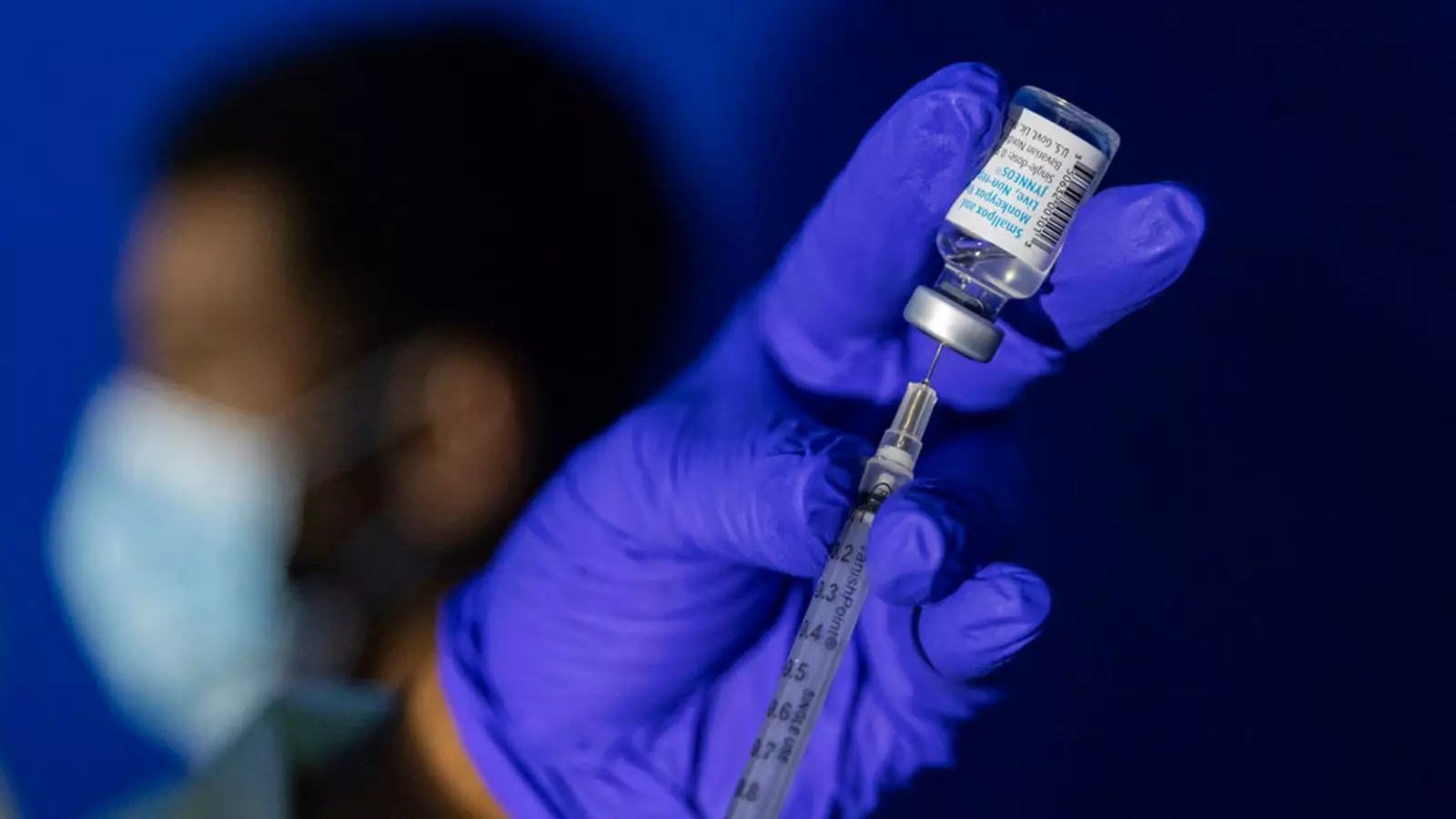Recent reports from infectious diseases experts have raised concerns over the potential presence of a new, deadlier variant of mpox in the UK. The clade 1b strain, previously known as monkeypox, has been identified in Sweden and Pakistan after originating in the Democratic Republic of the Congo (DRC). This particular strain is believed to be the most dangerous variant of mpox discovered so far, prompting the World Health Organization to declare it a global health emergency. With cases reported in 13 African countries, totaling over 15,600 cases and 537 deaths, the urgency to address this new threat is paramount.
Professor Paul Hunter, an expert in infectious diseases, has stated that it is “very likely” that someone in the UK is already infected with the new variant of mpox. However, confirming cases may prove to be a challenge as symptoms can be non-specific initially, resembling those of the flu or COVID-19. It may take several days for distinctive symptoms such as blistering to appear, and even longer for samples to be tested and sequenced to determine the specific clade of mpox. This delay in diagnosis highlights the importance of early detection and prompt medical attention.
Mpox is primarily spread through the exchange of bodily fluids, particularly during sexual contact. While the risk of infection is low for the general population, those involved in certain “sexual networks” with multiple partners are at a higher risk. The new variant of mpox has been linked to sex workers in the DRC, underscoring the importance of safe sexual practices. Infection through other means, such as skin-to-skin contact or sharing towels, is possible but rare. The existing mpox vaccine has shown efficacy against the new strain, providing some reassurance in the face of this emerging threat.
The UK Health Security Agency (UKHSA) has indicated that the current risk of infection is deemed low, but vigilance is necessary as the situation evolves. Professor Hunter emphasized the importance of providing supportive care to reduce the mortality rate associated with the new variant. By ensuring individuals have access to necessary medical care, the likelihood of severe outcomes can be mitigated. Monitoring and surveillance efforts will be crucial in tracking the spread of the new variant and implementing targeted interventions to prevent further transmission.
Individuals who suspect they may have been exposed to mpox are advised to seek medical attention promptly. Visiting a genito-urinary clinic or consulting with a general practitioner can facilitate early diagnosis and treatment, reducing the risk of complications. Education on safe sexual practices and personal hygiene can help minimize the risk of infection, especially for those in high-risk populations. By taking proactive measures to protect oneself and others, the impact of the new variant of mpox can be mitigated within the UK and beyond.


Leave a Reply